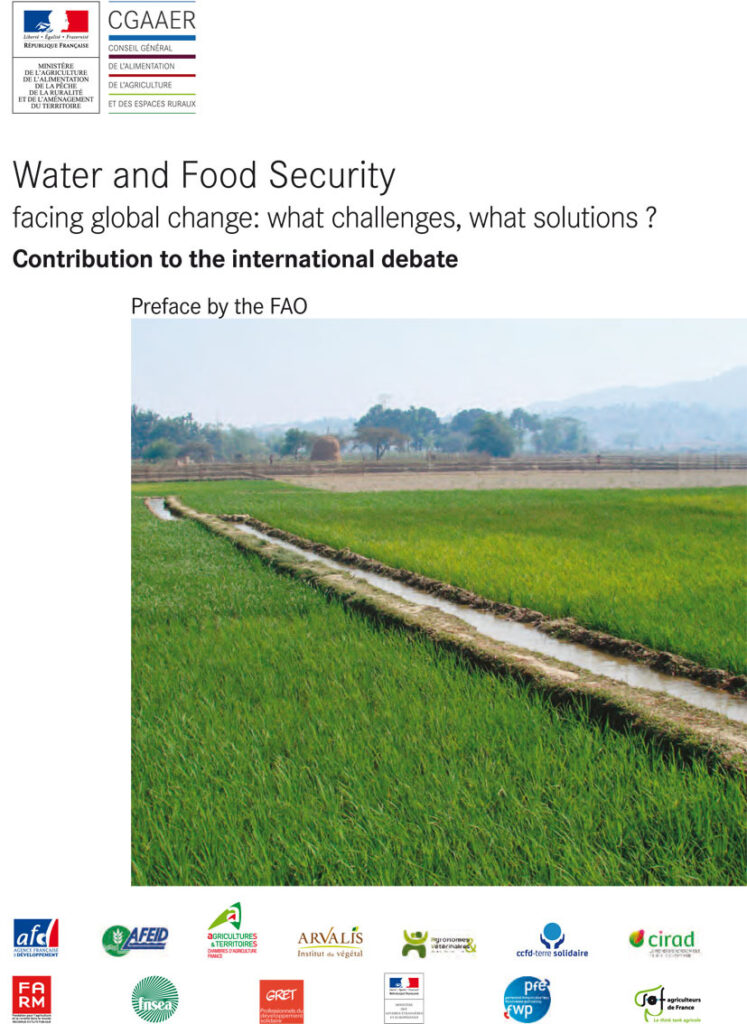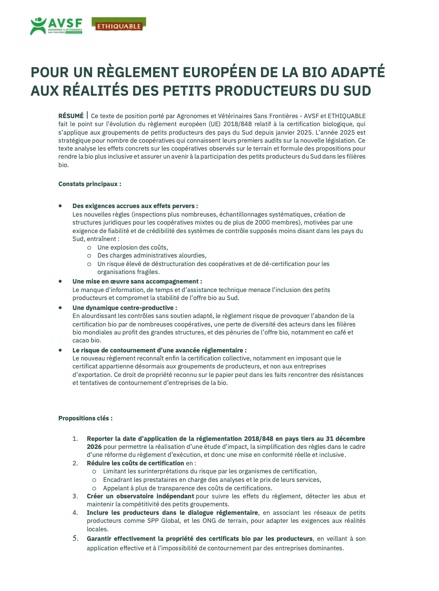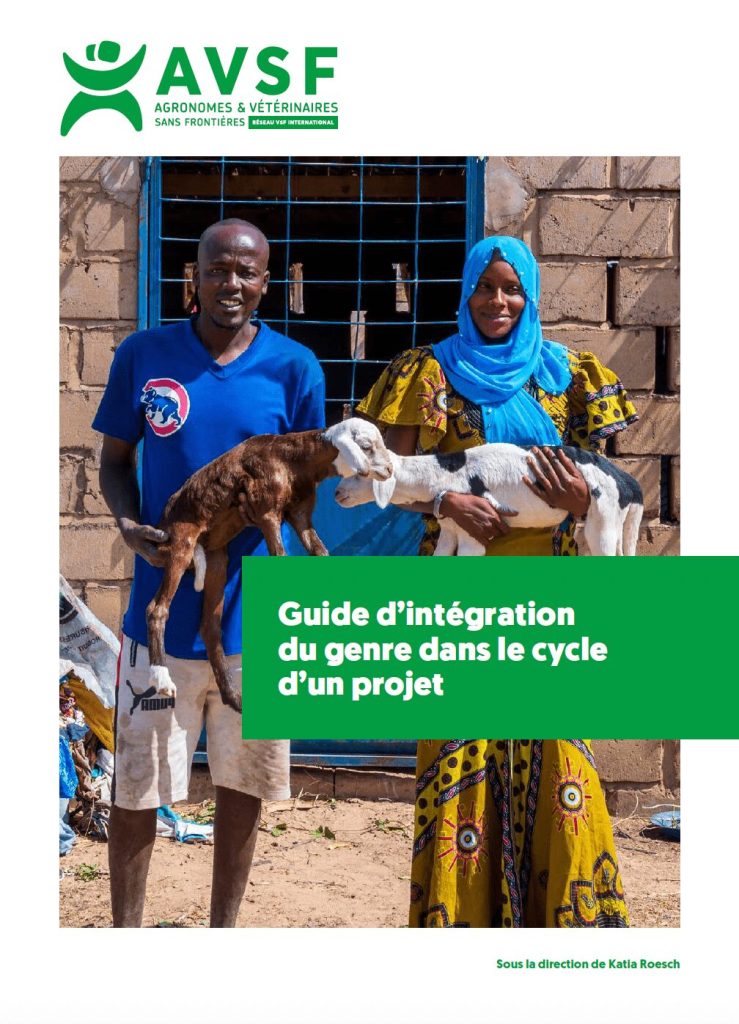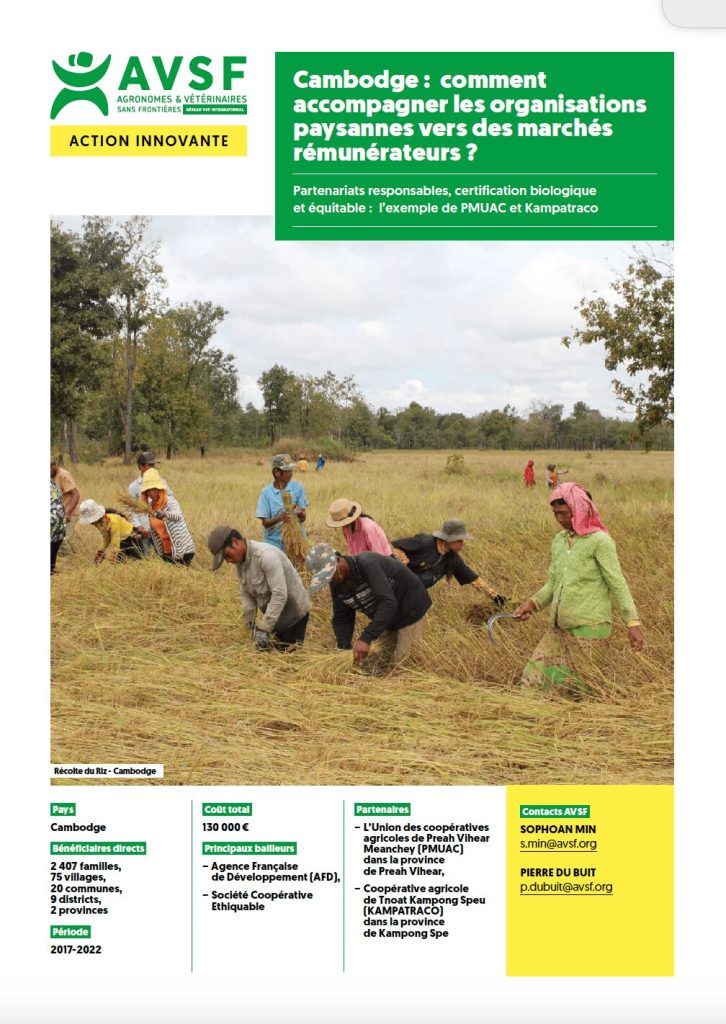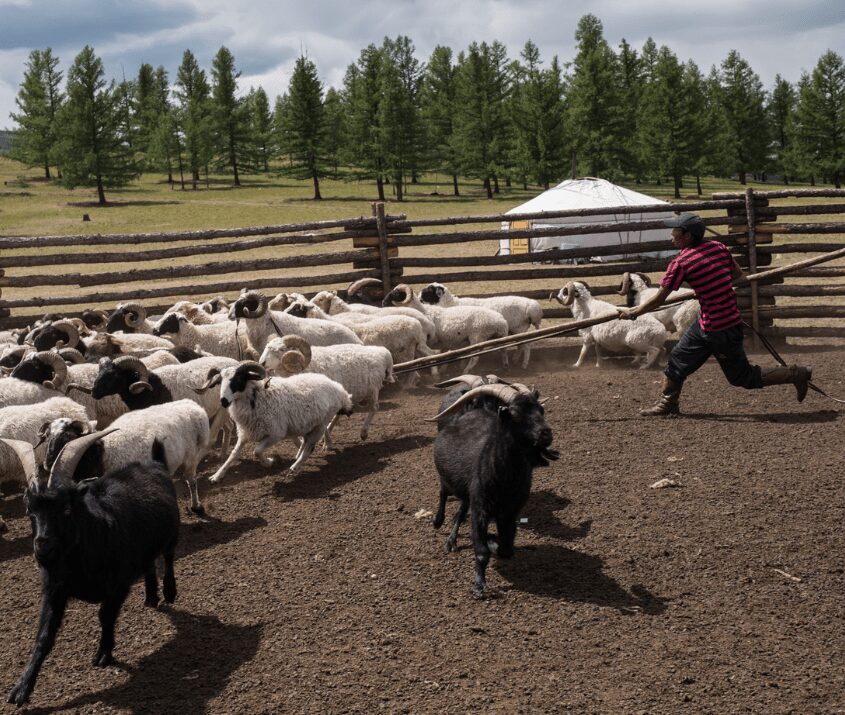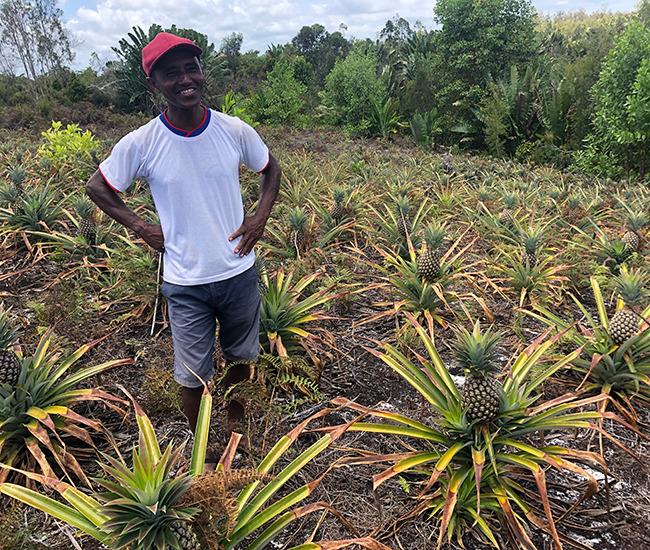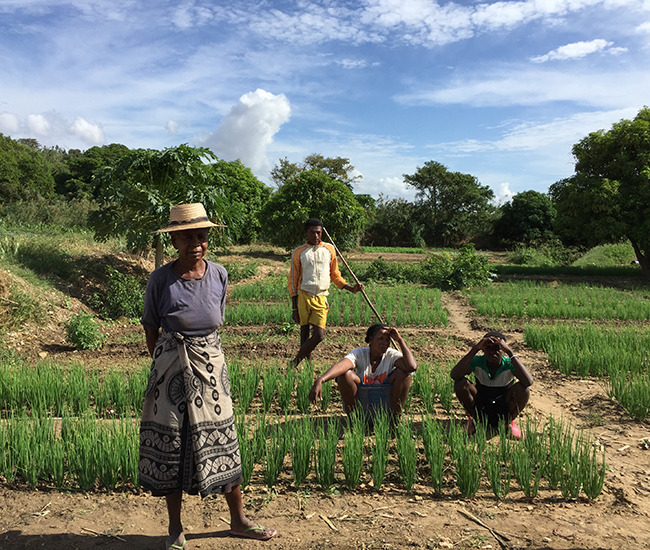Water and Food Security
The subject of this report is “water for food” as a key issue for food security. It relates to water as a “resource” for irrigated and rain-fed agriculture – a fundamental resource since food cannot be produced without it. While a person may drink as much as 3 litres of water per day, it requires 3,000 litres per day to produce the food needs of that person. Agriculture and livestock farming are therefore by far the biggest users of water; irrigated crops utilise approximately 2,700 cubic kilometres of “blue water” per year, or 70% of all the water collected for various uses. Rain-fed agriculture receives a total of around 5,600 cubic kilometres of “green water” from precipitation. Proper conservation, management and use of these resources are critical for food security. This is the condition for achieving sufficient global production while avoiding excessive deforestation. It also determines the quality of water and foodstuffs, which is another major food security concern. Good management of natural resources is potentially a way of increasing incomes and improving access to food for vulnerable rural dwellers. It can help reduce risks of local and regional instability.
This report has been produced by the group set up in December 2010 to address the theme of water and food security at the request of the French National Committee of the 6th World Water Forum (Marseille, March 2012), of the French Partnership for Water and the French Ministry for agriculture and food. The latter tasked the CGAAER (the General Council for food, agriculture and rural spaces) with a mission to carry this out. The group set up around the CGAAER brought together French farmers’ organisations (FNSEA, APCA, SAF, technical institutes), the major development NGOs which are members of Coordination Sud (CCFD, GRET,
AVSF), the government ministries responsible for agriculture and for foreign affairs, the French Development Agency (AFD), the French association for water, irrigation and drainage (AFEID), the Foundation for World Agriculture and Rurality (FARM), the French Partnership for Water (PFE), the International Centre for Agronomic Research and Development (CIRAD) and a number of prominent experts.
The 6th World Water Forum sets out to be a “forum for solutions”. This report therefore gives much attention to highlighting concrete case studies of solutions carried out in France, as well as outside France and the European context. 40 examples of solutions have been documented in regions and countries where French actors in agricultural water are developing and fostering the continuation of active cooperation (the southern Mediterranean, Sub-Saharan Africa, Latin America, Southeast Asia) and which are success stories in terms of advancing knowledge and pro- cesses, as well as bring solutions. These examples are not intended to cover every situation in the world: in particular, they only address indirectly problems and solutions in some major areas of the world, such as China and India.
These case studies illustrate the seven major priorities for action that are highlighted later in this report, namely:
- increasing the efficiency of irrigation systems,
- developing water storage and mobilising unconventional resources,
- enhancing crop productivity in rain-fed agriculture, promoting agro-ecology and “conservation” agriculture,
- supporting smallholder farmers to better conserve, manage and utilise water as an objective of sustainable rural development,
- managing “hot spots” affected by overexploitation and/or pollution,
- reducing wastage of agricultural water upstream and downstream of production, and
- implementing strategies for sustainable agriculture at the relevant geographical scales (regions and macro-regions).
